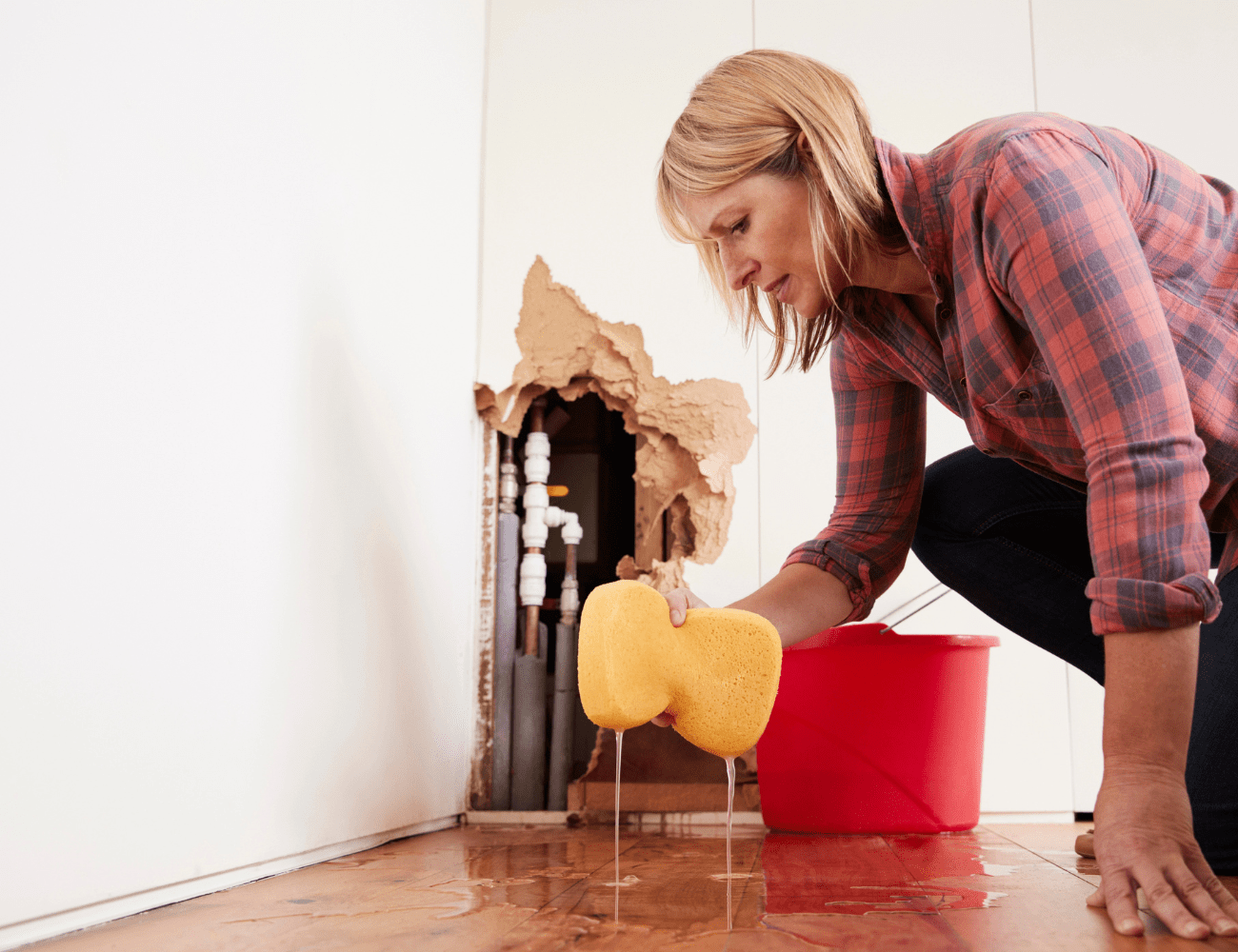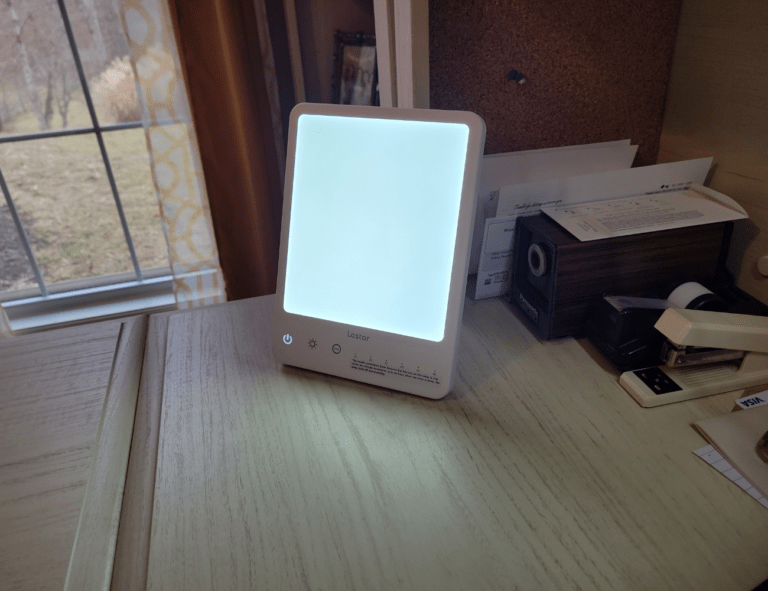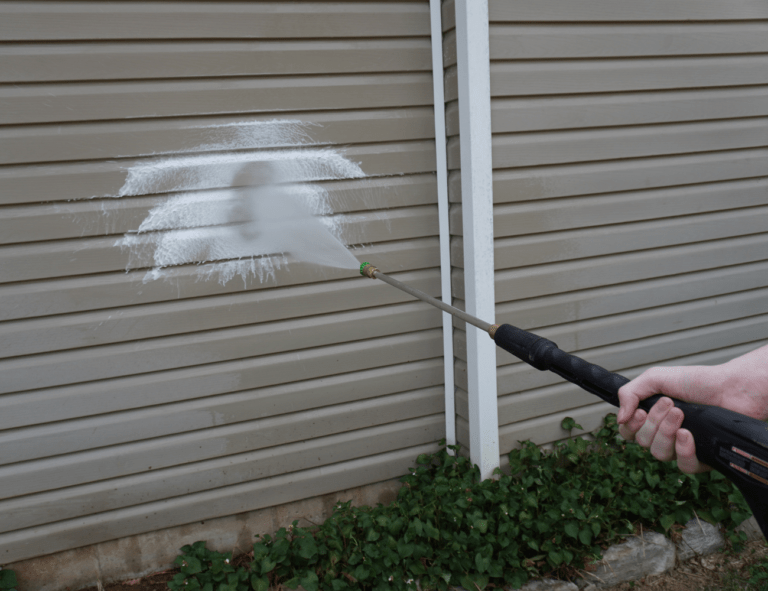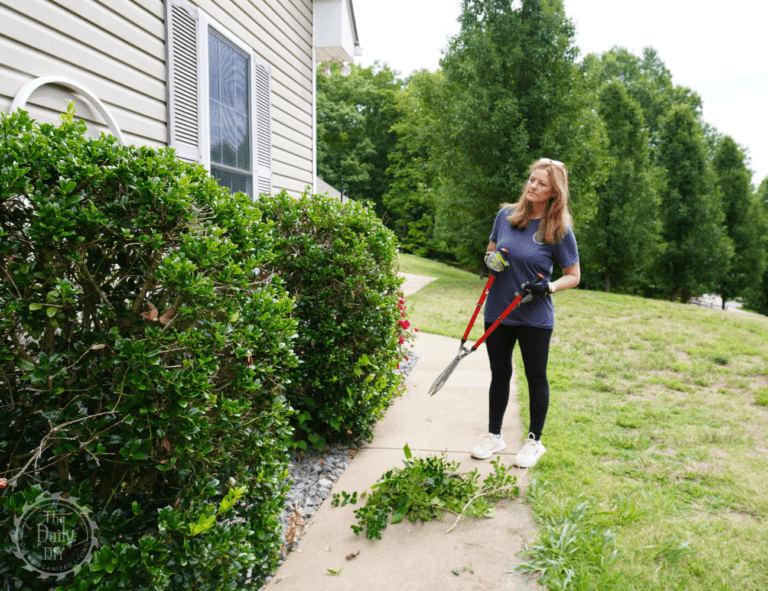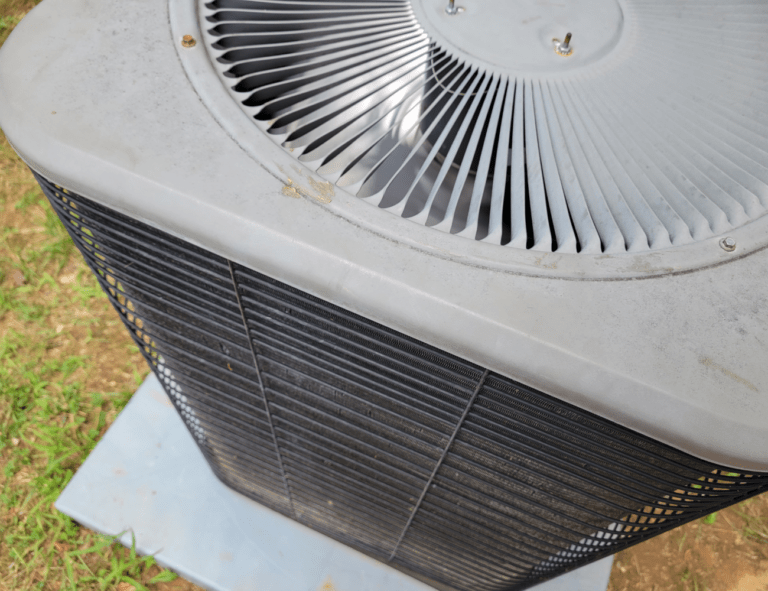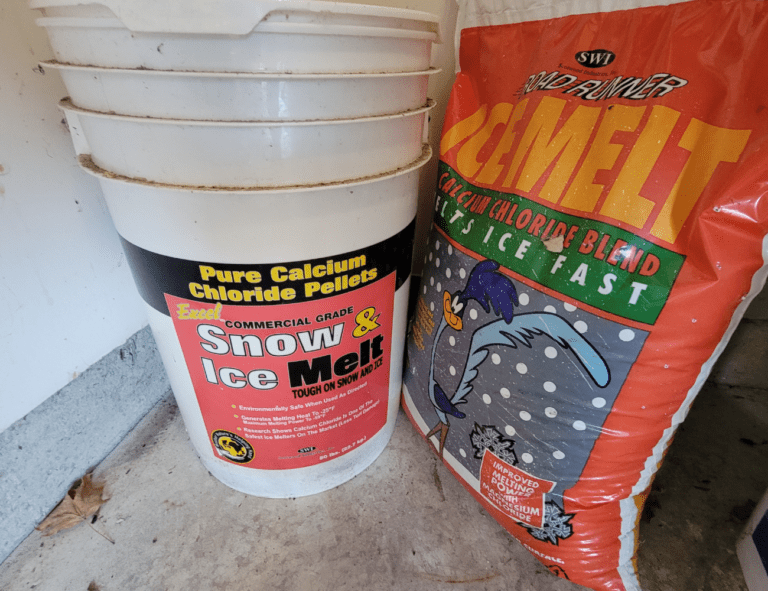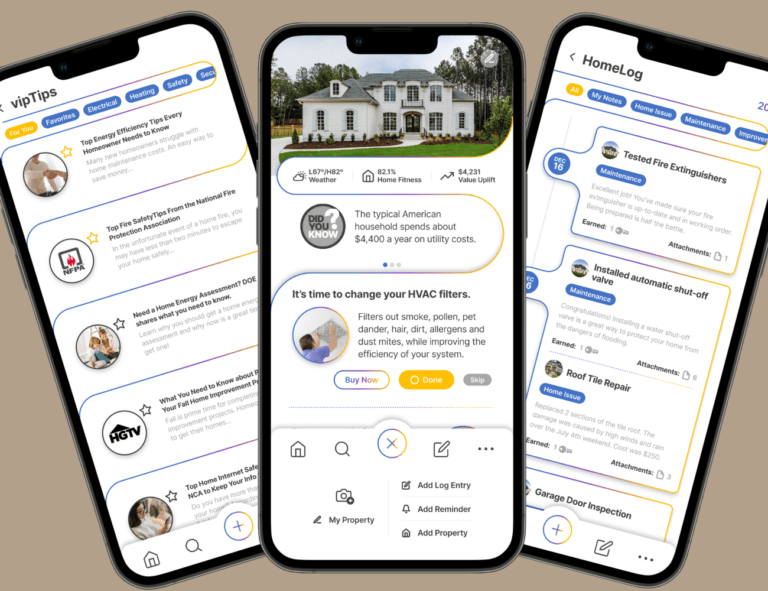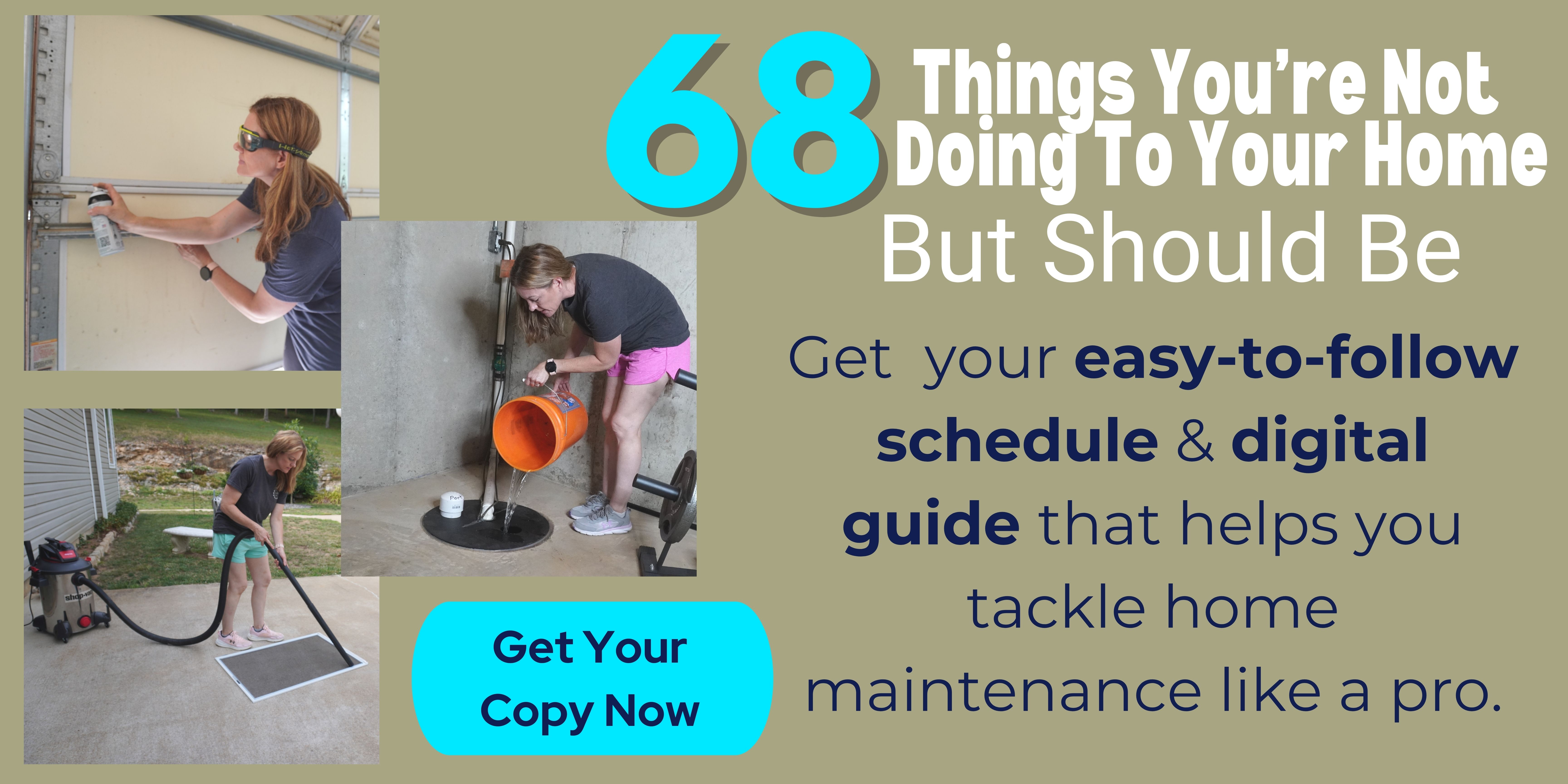Do This Now To Keep Your Pipes From Freezing This Winter
The temperatures outside are dropping. This means we all have to get ready for the harsh winter months. One of the most common problems homeowners face during the winter is freezing pipes. Frozen pipes can cause thousands of dollars worth of damage. Not to mention leaving you without your water long after the weather warms up. Below are a few tips to keep your pipes from freezing this winter.
The Most Common Reasons For Frozen Pipes In the Winter
Freezing is the number one cause of burst pipes. You may be wondering how does a water pipe freeze, or at what temperature. Damage to pipes can happen when the temperature falls below freezing and the water in them turns to ice. Your pipes begin to freeze when the outside temperature is at least 20 degrees Fahrenheit. Elementary science class taught us that water expands in volume when it freezes. Even a little bit of ice can expand enough to tear open your water line. Frozen pipes can occur for a few basic reasons:
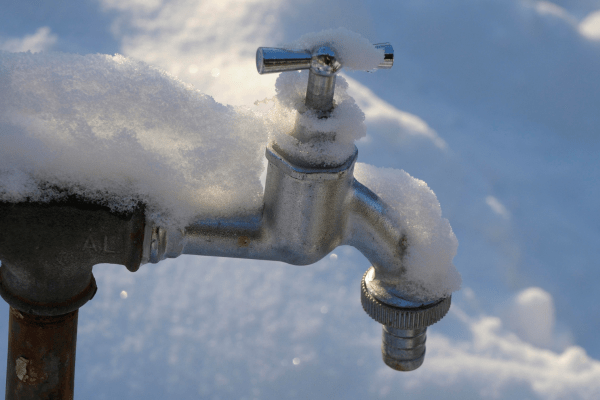
1. They’re exposed to outside temperatures that are too cold
If you live in a cold climate, then you already knew this was a problem in winter. But it’s still true even if you live in an area where there are only mild winters. Pipes can still freeze well before the temperature reaches freezing outside. As long as the air is cold enough, and there’s no heat inside your house keeping things warm enough to prevent your water pipes freezing.
2. Insulation is inadequate
If they aren’t insulated properly, they freeze more easily. Insulation not only prevents them from freezing, but can also save money keeping the hot water in your pipes hotter. Not to mention helping to control condensation on cold water pipes in your basement.
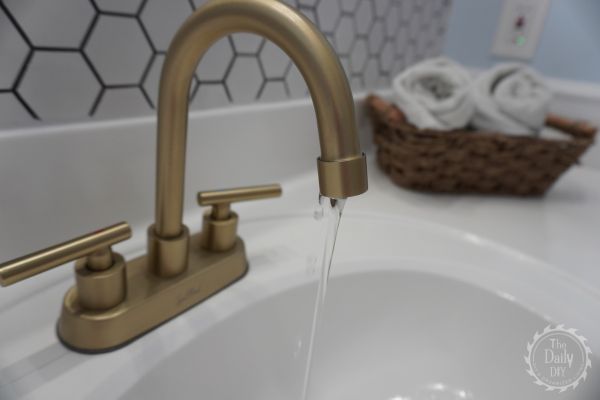
3. There’s not enough heat in the house to keep water flowing through the pipes
You need heat to keep water running through your pipes. When your furnace breaks down or has trouble keeping up with demand, you’re more likely to have problems with frozen pipes.
How To Prevent Pipes From Freezing
Doing a few things around your home now can help you prevent costly plumbing emergencies this winter.
Insulate Exposed Water Pipes
Wrap exposed outside water pipes with insulation tape or foam sleeves. This provides protection against pipes freezing temperatures. You can even level up and install automatic electric heat cables. If you have exposed pipes on the outside of your home, wrap them all with insulation. Insulate pipes in your unfinished basement areas too. Temperatures there are cooler than the rest of your home. This is a very easy, and low cost thing for you to DIY. Most home improvement stores, like The Home Depot, and even Amazon will have the products you need.
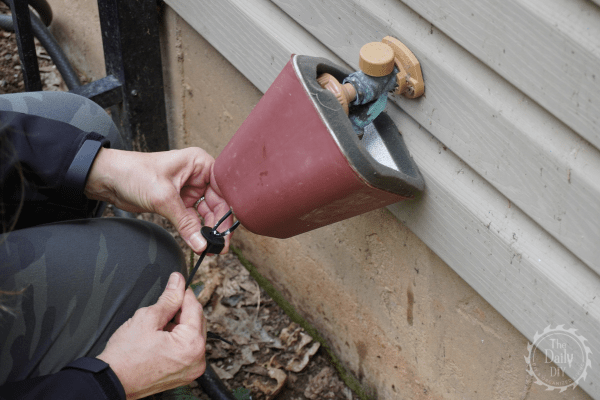
Insulate Your Outdoor Water Faucets / Spigots
Drain and disconnect your garden hoses. Turn off, and drain your outdoor faucets, sprinkler systems, and swimming pool supply lines. An outdoor faucet cover protects outdoor faucets from freezing temperatures. A plastic covered one, like the one pictured above, is my favorite. I’ve had the same one to use each winter for the past 8 years. Not only are they low cost, but they last a long time. This is one of many preventative things you can do for you home as part of the Best Fall Home Maintenance Checklist.
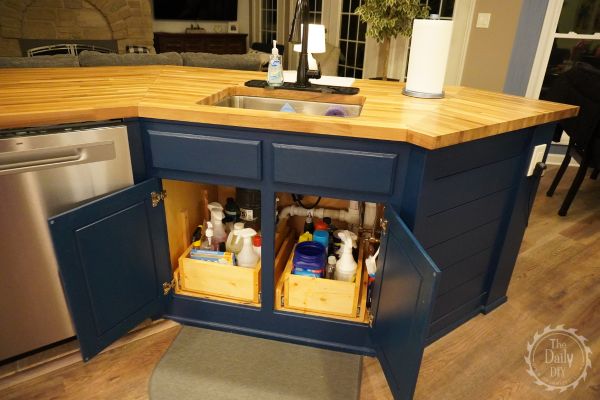
Open Cabinet Doors
Pipes in your kitchen and bathrooms, especially those located along an exterior wall, can freeze during extreme cold snaps. Open cabinet doors beneath sinks to allow the heat from your home to circulate in to the area. Also, run a trickle of water in your sink. This will keep the water moving through your pipes, preventing them from freezing.
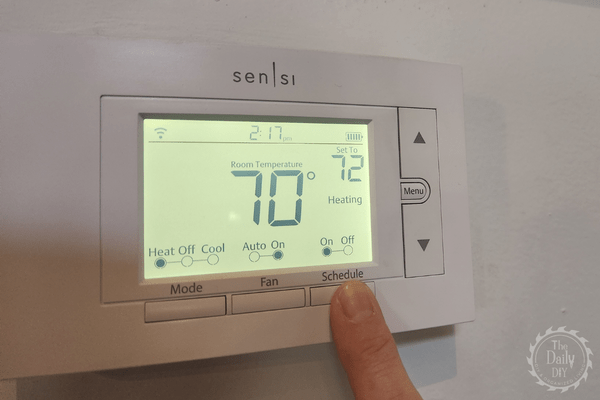
Ensure Adequate Heating
Keep your thermostat set at the same temperature, day and night. This helps to keep your pipes from freezing. Have your furnace serviced before winter to ensure it is in good working order. If you notice it struggling to keep up, place some fans to move warm air in to the rooms with plumbing. If you plan to be out of town, set the thermostat at least at 55 degrees Fahrenheit.
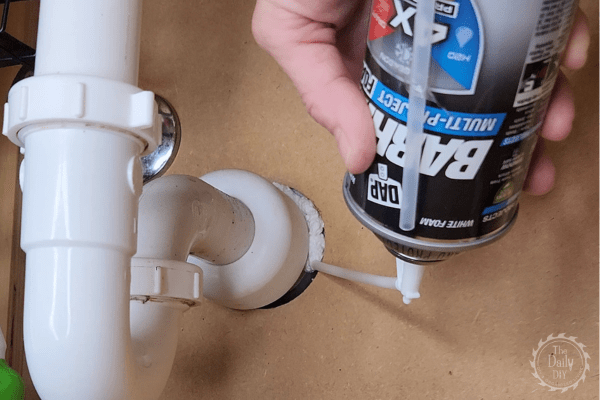
Check For Leaks In Your Home
Cold air can enter your home in may ways and aid in the pipes freezing in your house. Cracks in your walls, dryer vents, pipes and wires entering your home, doors and windows. Check for any exposed areas and seal them up with caulking or expansion foam.
Related Post: Best Spray Foam Insulation For Your Home
Be Ready
The most important thing you can do is to get to know the plumbing in your home. Locate where your main shut off valve is, and also where all the other shut off valves are. You’ll need to be able to shut off the water supply should you find yourself with a burst pipe.
Pipes Freezing Prevention
Prevention is the key when it comes to how to prevent pipes from freezing. Pipes that freeze in the winter can cause serious damage to homes, with both property and family at risk. There are many ways that you can keep your pipes from freezing this winter. And while some may take a bit more time or money than others, these steps will help prevent pipe bursting. And a lot of extra stress and headaches if you have problems with frozen pipes later on.

